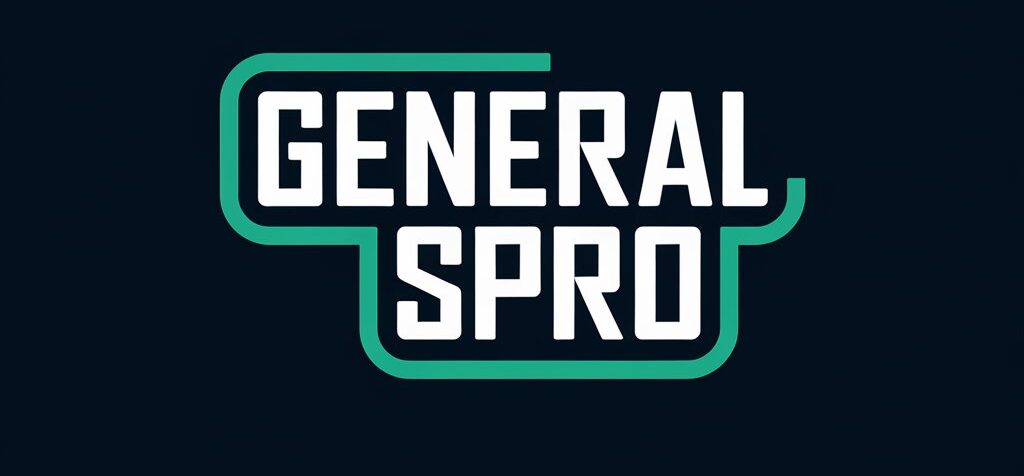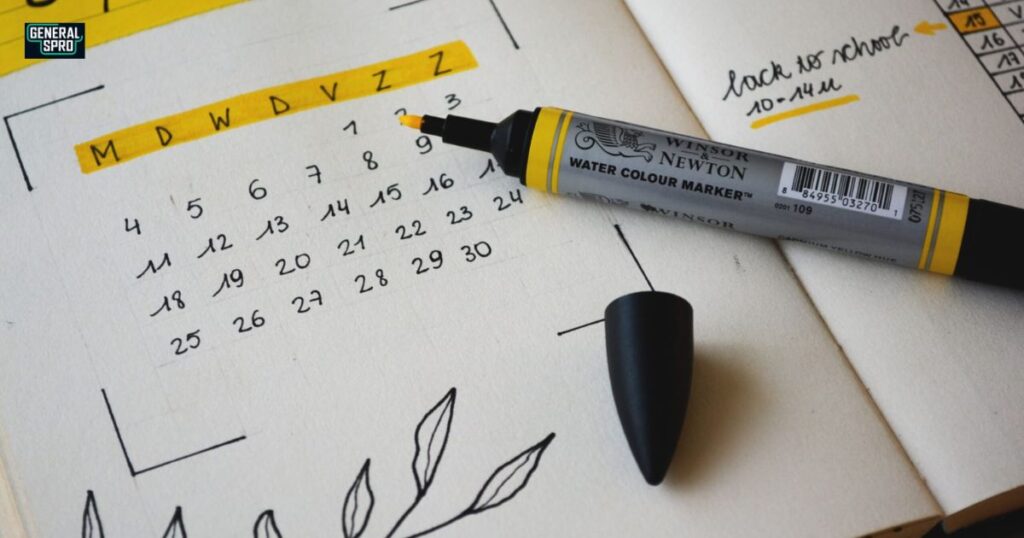In professional communication, finding creative ways to announce important dates can significantly impact how your message resonates with your audience.
Whether planning a corporate event, organizing a social gathering, or coordinating a professional development session, how you phrase your calendar notifications matters more than you might think.
Is “Mark Your Calendars” Professionally Appropriate?
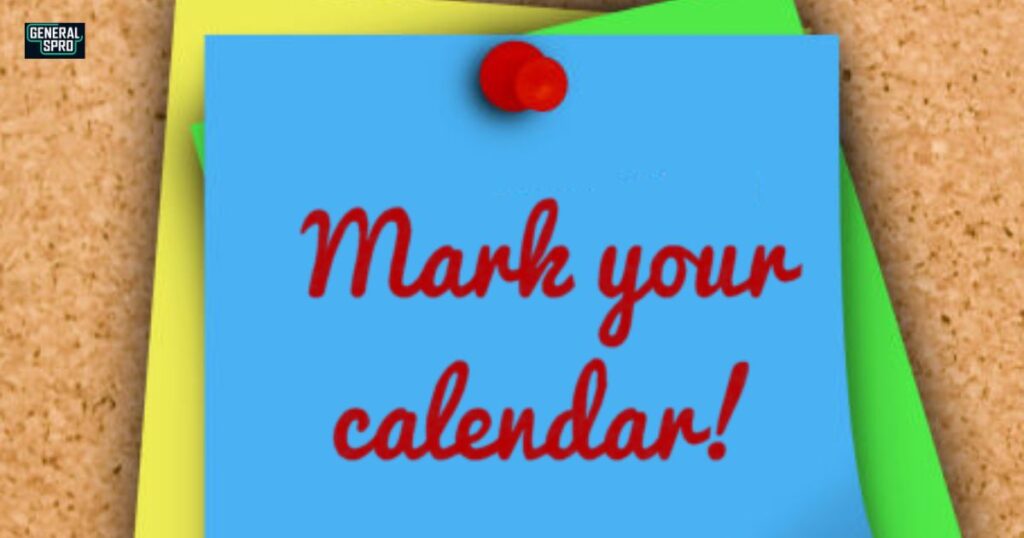
The traditional phrase “mark your calendars” has become a staple in professional communications, but its effectiveness may have diminished through overuse.
In today’s dynamic business environment, the key to engaging your audience lies in selecting phrases that match the occasion’s formality and your relationship with the recipients.
When considering formal alternatives to mark your calendars, it’s essential to evaluate your message’s context and desired impact.
Professional communication experts suggest that while “mark your calendars” remains acceptable, varying your expression can enhance engagement and demonstrate attention to detail. The choice of phrase can subtly convey the event’s importance, urgency, or casual nature.
Creative Alternatives to “Mark Your Calendars”
Let’s explore twenty distinctive expressions for scheduling events, each designed to capture attention and encourage audience participation uniquely.
Save the Date
This classic phrase carries an air of importance while maintaining professional polish. It’s particularly effective for formal occasions and significant corporate events.
Wedding Announcement
“Save the date for the Thompson-Miller wedding celebration: September 15th, 2025, at The Grand Plaza. Formal invitation to follow.”
The phrase “save the date” originated from wedding tradition but has evolved into a versatile expression for various professional contexts. When used in wedding announcements, it serves as a preliminary notification, allowing guests to plan ahead for this event.
Company Retreat
“Save the date for our annual corporate strategy retreat: October 10-12, 2025, at Mountain Valley Resort. Detailed agenda forthcoming.”
This phrase emphasizes the event’s significance in corporate settings while maintaining a professional tone. It’s particularly effective for events requiring advance planning and coordination.
Circle the Date
This visual metaphor creates a memorable impression and works well for formal and informal occasions.
Product Launch Announcement
“Circle the date: March 20th, 2025, for the revolutionary unveiling of TechPro X1. Join us for an exclusive first look at the future of technology.”
Charity Gala Invitation
“Circle the date for our Annual Charity Gala: November 5th, 2025. Your presence will help make a difference in our community.”
Bringing These Phrases to Life
The effectiveness of these reminder expressions for events depends largely on their contextual application. Here’s a practical framework for selecting the most appropriate phrase:
Event Type
Recommended Phrases
Communication Channel
Corporate Meetings
“Block Off This Day,” “Put This on Your Agenda”
Email, Calendar Invite
Social Events
“Save the Date,” “Keep the Day Open”
Digital Invitations
Professional Development
“Reserve This Date,” “Lock In This Date”
Internal Communications
Client Meetings
“Note the Date,” “Pencil This In”
Professional Correspondence
Understanding Event Communication Dynamics
Professional event communication requires a delicate balance of assertiveness and courtesy. The way we announce dates and deadlines can significantly impact attendance rates and participant engagement. Studies show that carefully crafted event announcements can increase attendance by up to 35% compared to generic notifications.
The Psychology Behind Date Announcements
Research in organizational behavior indicates that the language used in calendar invitations directly affects how recipients prioritize events.
When announcements create a sense of exclusivity or urgency, they trigger heightened attention and improved information retention among potential attendees.
Digital Calendar Integration Strategies
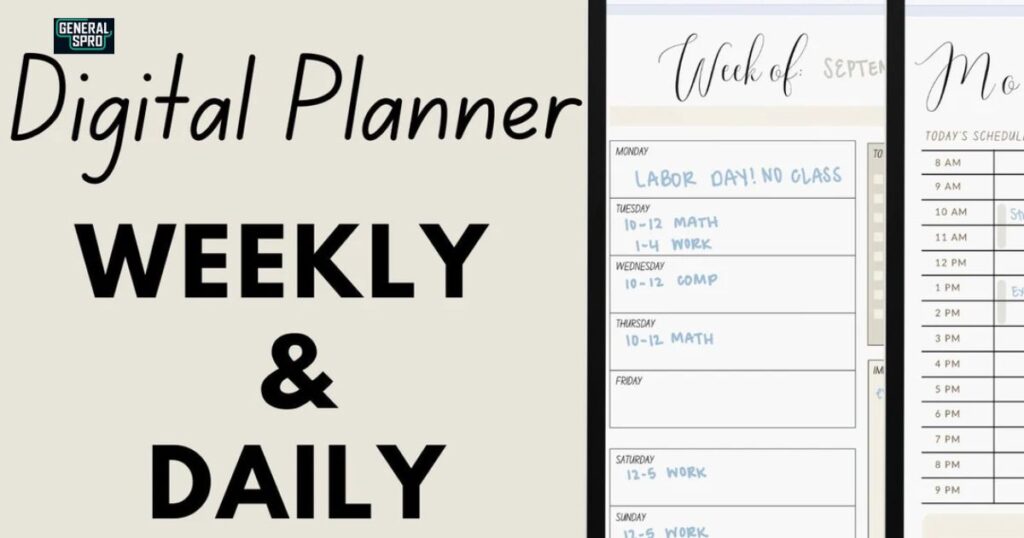
In today’s technology-driven workplace, effective date announcements must seamlessly integrate with various digital calendar platforms.
To maximize participation, consider incorporating calendar links and automated reminders that work across multiple devices and time zones.
Cultivating Professional Relationships Through Event Communication
The manner of announcing dates can strengthen professional relationships. Using appropriate language demonstrates respect for recipients’ time while reinforcing organizational culture and values.
International Considerations in Date Announcements
Clarity becomes paramount when communicating across different cultures and time zones. Include time zone references and use date formats that prevent confusion (e.g., writing out months instead of using numerical dates).
The Role of Follow-up Communications
Successful event planning extends beyond initial announcements. Implementing a strategic follow-up schedule maintains engagement and ensures continued commitment to scheduled dates.
Leveraging Social Proof in Event Announcements
Including social proof elements, such as anticipated attendance numbers or notable participants, can significantly boost response rates and create momentum for your event.
Accessibility in Calendar Communications
Ensure your date announcements are accessible to all recipients, including those using screen readers or other assistive technologies. Use clear formatting and provide alternative text when necessary.
Creating Urgency Without Pressure
Master the art of conveying importance without causing unnecessary stress. Use language that encourages prompt action while respecting professional boundaries.
Seasonal Considerations in Event Planning
Different seasons require different approaches to date announcements. Consider holiday schedules, industry-specific busy periods, and regional events that might impact attendance.
Measuring Announcement Effectiveness
Track response rates and engagement metrics to optimize your announcement strategy. Analyze which phrases and formats generate the highest participation rates.
Technology Tools for Event Management
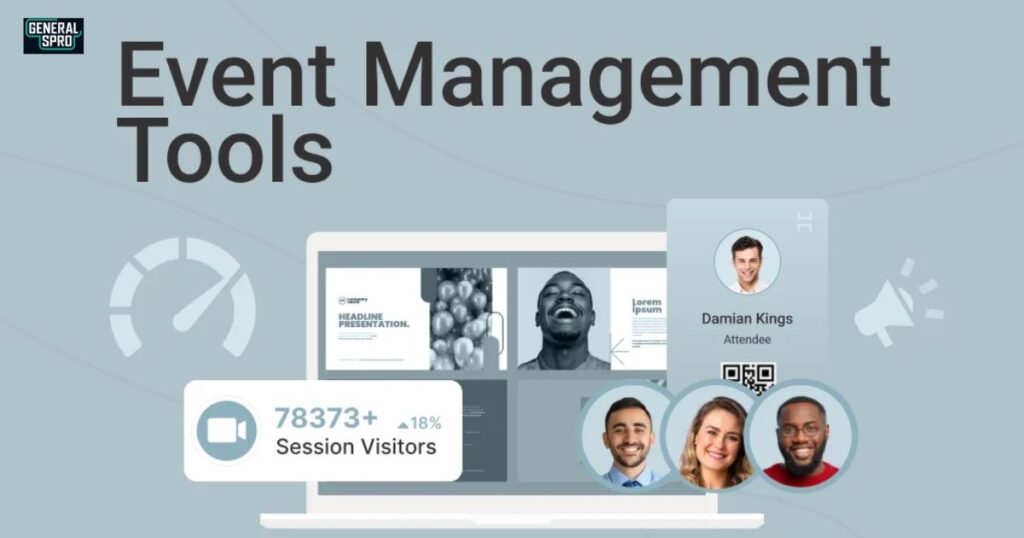
Explore various technological solutions, from automated scheduling assistants to event management platforms, that can enhance your date announcement strategy.
Building Anticipation Through Progressive Announcements
Create a communication strategy that builds excitement through well-timed announcements, each adding new information about the upcoming event.
Handling Date Changes and Updates
Develop protocols for communicating schedule changes that maintain professionalism while minimizing disruption to participants’ plans. Clear communication during changes can actually strengthen trust.
The Future of Calendar Communication
As workplace dynamics continue to evolve, stay ahead of trends in calendar management and event announcement strategies. Consider emerging technologies and changing communication preferences in your approach.
FAQ’s
How far in advance should I send date announcements for corporate events?
A: For major corporate events, send initial announcements 8-12 weeks ahead, with regular reminders at 4 weeks and 1 week before. This timeline ensures optimal attendance while allowing participants to plan effectively.
What’s the most professional way to handle last-minute date changes?
A: Communicate changes immediately through multiple channels (email, calendar updates, and direct messages), clearly explaining the reason for the change and providing alternative options when possible.
Should I use different announcement styles for virtual versus in-person events?
A: Yes, virtual event announcements should emphasize technical requirements and time zones, while in-person event notices should focus on location details and arrival instructions.
How can I make my date announcements more engaging without seeming unprofessional?
A: Incorporate relevant details about the event’s value proposition while maintaining a professional tone. For example, highlight key speakers or unique networking opportunities.
What’s the best way to handle date announcements for international attendees?
A: Always include the time zone (preferably in multiple formats), spell out dates to avoid confusion (e.g., “December 15” rather than “12/15”), and consider offering multiple session times.
How often should I send reminder notifications without overwhelming recipients?
A: Implement a three-touch approach: initial announcement, mid-point reminder, and final confirmation 48 hours before the event. This maintains awareness without causing notification fatigue.
What information is essential in every date announcement?
A: Every announcement should include the date, time (with time zone), duration, location, access method, and a clear call to action for confirming attendance or registering.
Should I personalize date announcements for different audience segments?
A: Yes, tailor your messaging to specific audience segments while maintaining consistent core information. This increases relevance and improves engagement rates.
Conclusion
Mastering alternative phrases for marking your calendars enhances your professional communication toolkit. By thoughtfully selecting from these twenty options, you can effectively notify attendees about an event while maintaining the appropriate tone and level of formality.

